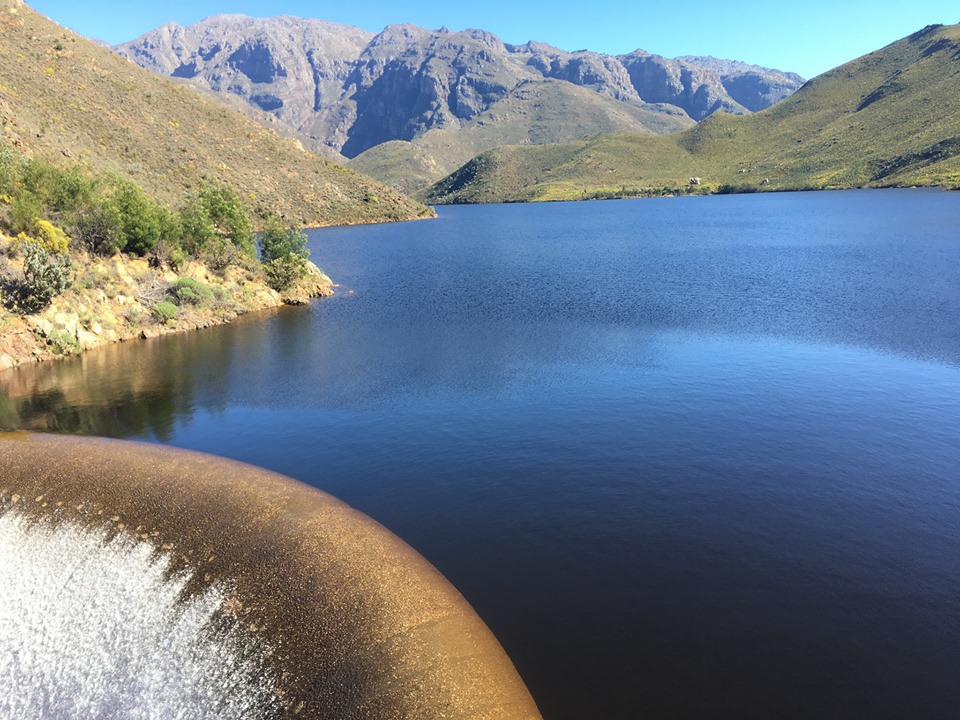The dams feeding the Western Cape are finally full, but the extra costs associated with the water crisis are still in place. This has unnerved residents of Cape Town who believe they should not still be paying exorbitant costs for water.
On September 30, the Western Cape Department of Water and Sanitation (DWS) requested that the City of Cape Town (CoCT) revise its current water tariffs. This also applies to all other local authorities who make use of water supplied by the Western Cape Water Supply System (WCWSS).
“As a result of the water weighted storage of the system dam reaching 88% on September 1, 2020, all restrictions are repealed,” the directive from regional acting head Simphiwe Mashicila read, as reported by IOL.
“It must be acknowledged that the municipalities are autonomous in their decision-making in respect of setting their own local restriction levels and determination of tariffs; and secondly municipalities have varied inherent factors that contribute to the cost of service delivery in their areas of jurisdiction,” DWS spokesperson Sputnik Ratau said.
There have been calls for both residents and number of organisations for the City to revise the water tariffs, as the dams supplying the municipality have exceeded an overall capacity of 100% – this is the first time this has happened in two years.
According to civic organisation Stop CoCT, they have also called on the City to revise the entire water tariff system, including water levies and water restriction policies.
“The Central Department of Water Services already lifted the water restrictions for the Western Cape catchment area in September 2020,” it said. “Yet the City of Cape Town persists with their high tariffs, water levy and some water restrictions. In 2019 the City renamed the Level 3 tariff block to Level 1. Inherently we are still paying Level 3 tariffs while the City claims they ‘decreased’ the water tariffs.”
“Stop Coct calls on every person in Cape Town to support the call for the City of Cape Town to immediately start the process of revising its entire water tariff, water levy and water restriction policies. Proper public participation should be allowed by the City,” the organisation added.
City Mayco Member for Water and Waste Xanthea Limberg has said the City is still considering lowering tariffs and removing restrictions.
“It should be noted that the lowering of tariffs must be balanced against the extra funds needed to build resilience against climate change, by investing in future water sources,” she said. “As communicated in recent weeks, consultations around appropriate tariffs and restrictions for the 2020/21 hydrological year (which runs from November 1 to October 31) are currently taking place. The lowest level, the no restriction, water-wise tariff which is under consideration, will provide some additional relief if implemented.”
WATCH:
Picture: Twitter

